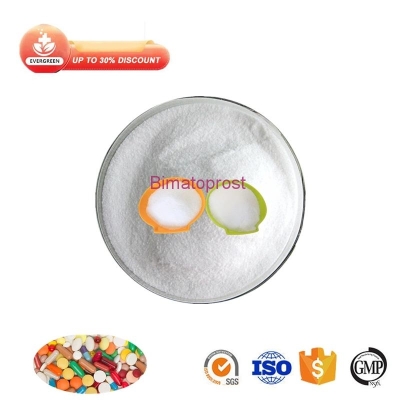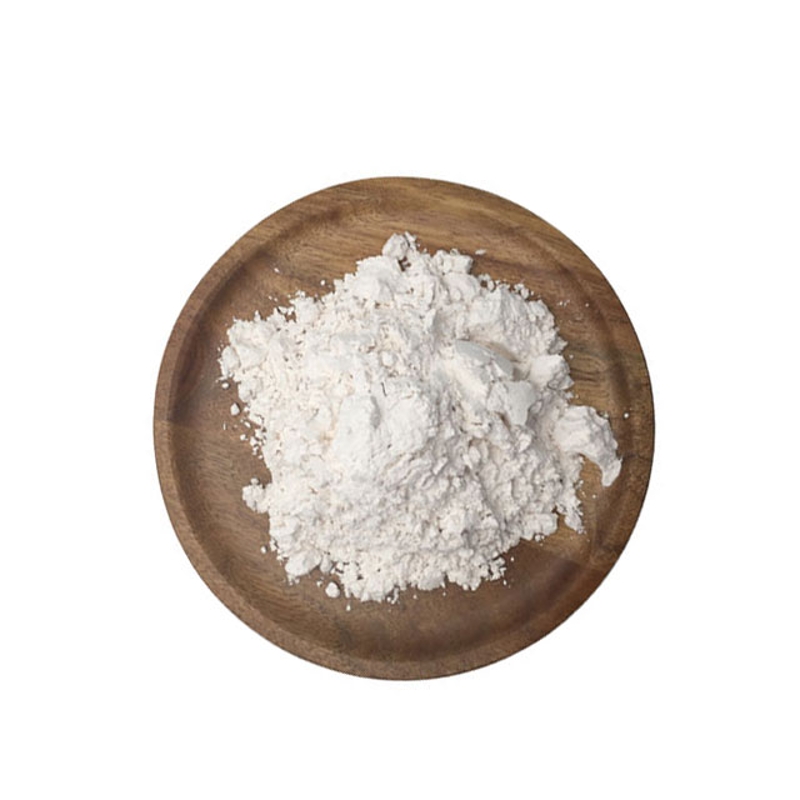JCEM: Fertility and pregnancy outcomes in women with polycystic ovary syndrome after bariatric surgery
-
Last Update: 2020-07-14
-
Source: Internet
-
Author: User
Search more information of high quality chemicals, good prices and reliable suppliers, visit
www.echemi.com
It is not clear whether women with polycystic ovary syndrome (PCOS) have surgery to cause weight loss and back-row egg recovery, which can lead to improved PCOS-related infertilityIn a recent study published in journal Journal of Clinical Endocrinology and Metabolism, an authoritative journal in the field of endocrine and metabolic diseases, researchers aimed to explore the fertility and pregnancy outcomes of women with polycystic ovary syndrome after bariatric surgerythe single-center cohort study was conducted at a teaching hospital and involved 261 premenopausal women who underwent PCOSscreeningprior to bariatric surgeryWhether or not they have PCOS, women will be followed up after the intervention until mid-2019The study involved bariatric surgery between 2005 and 2015The main observationindicators of the study were pregnancy and live birth rates in PCOS and control groupsamong women seeking childbirth, the pregnancy rate of PCOS was 95.2%, the control group was 76.9% (P-0.096), and the live birth rate was 81.0% and 69.2% respectively (P-0.403)The first pregnancy in patients with PCOS was 34 to 28 months after surgery, and the control group was 32 to 25 monthsAlthough the average birth weight of newborns in PCOS women (2763 x 618 g) was lower than that of the control group (3155 x 586 g), the number of low birth weight in the two groups was similar (3 in the PCOS group and 1, P-0.137 in the control group)Complications in maternal (PCOS 17.6 per cent, control group 22.2 per cent, P-0.843) and newborns (PCOS was 23.5 per cent, control group 14.8 per cent, P-0.466) were rare, with no differences between the two groupsit is clear that extremely obese PCOS women have high pregnancy and fertility rates after bariatric surgery and very few maternal and newborn complications
This article is an English version of an article which is originally in the Chinese language on echemi.com and is provided for information purposes only.
This website makes no representation or warranty of any kind, either expressed or implied, as to the accuracy, completeness ownership or reliability of
the article or any translations thereof. If you have any concerns or complaints relating to the article, please send an email, providing a detailed
description of the concern or complaint, to
service@echemi.com. A staff member will contact you within 5 working days. Once verified, infringing content
will be removed immediately.







